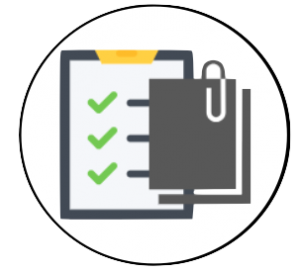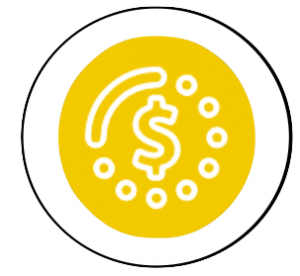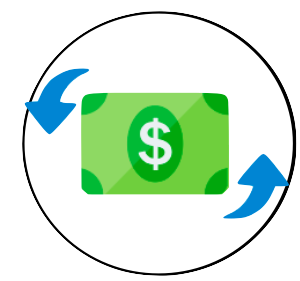CHAPTER 7 BANKRUPTCY
Vegas Chapter 7 Bankruptcy Lawyers
Our Vegas Chapter 7 Bankruptcy Lawyers can assist you with getting rid of all of your unsecured debts. We offer $0 Down Chapter 7 and Chapter 13 bankruptcy for Nevada. Please know, declaring bankruptcy in Vegas is not a financial death sentence. It is a means to the goal of a fresh financial start.
There is life after filing Chapter 7 bankruptcy. For example, declaring bankruptcy doesn’t mean the end of your life. Plus, the assistance of our Nevada Debt Relief Lawyer the right lawyer is a beneficial means to resolving debt. Declaring bankruptcy eliminates stress, stops creditor harassment, and allows individuals, couples, and businesses a change at a “Fresh Start”.
File Chapter 7 with $0 Down
Stop a Wage Garnishment
Benefits of Chapter 7 Bankruptcy

Chapter 7 Zero Down Bankruptcy

Bankruptcy to stop a Wage Garnishment

Debt Relief through Ch. 7
CHAPTER 7 BANKRUPTCY FREQUENTLY ASKED QUESTIONS
PROTECTING YOUR ASSETS IN A CHAPTER 7 BANKRUPTCY
LIFE AFTER FILING CHAPTER 7 BANKRUPTCY
Your life will likely be far less stressful after you file bankruptcy. From the moment you retain a bankruptcy attorney (and inform your creditors of this), your creditors will no longer be able to harass you with annoying and threatening calls. You will have more disposable income once your wages aren’t being garnished and you aren’t struggling with debt payments.
Chapter 7 Bankruptcy doesn’t come without its disadvantages. A Chapter 7 Bankruptcy will remain on your credit for 10 years from the filing date. You will be able to get a home loan after 2 years. If you have fair or high credit, you may see a downtick in your credit score upon filing. You will see little to none of this effect if you have a lower score.
You will be able to finance a new vehicle after your case is filed. You will (most likely) receive offers for new credit cards after your case is discharged. Both are great ways to build your credit after a bankruptcy, but be wary of high interest rates and payments you can’t afford. Our firm offers post-filing payment plans which credit report, further boosting your score post-bankruptcy.


